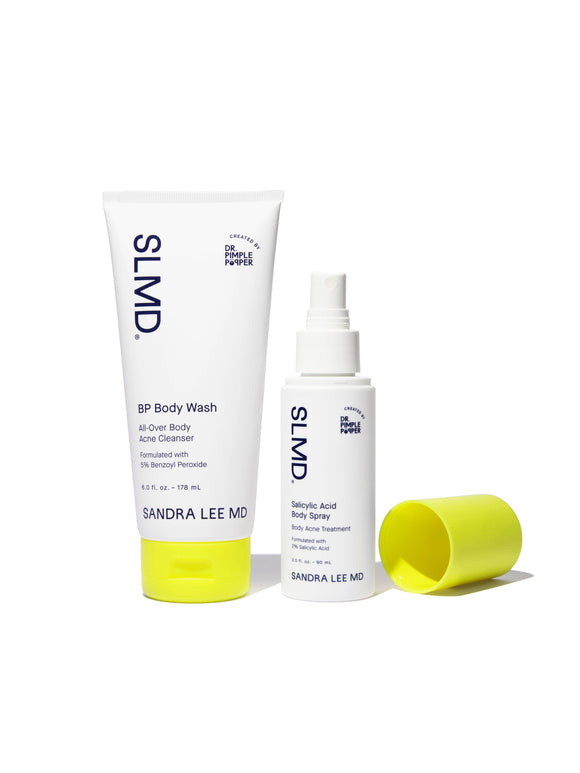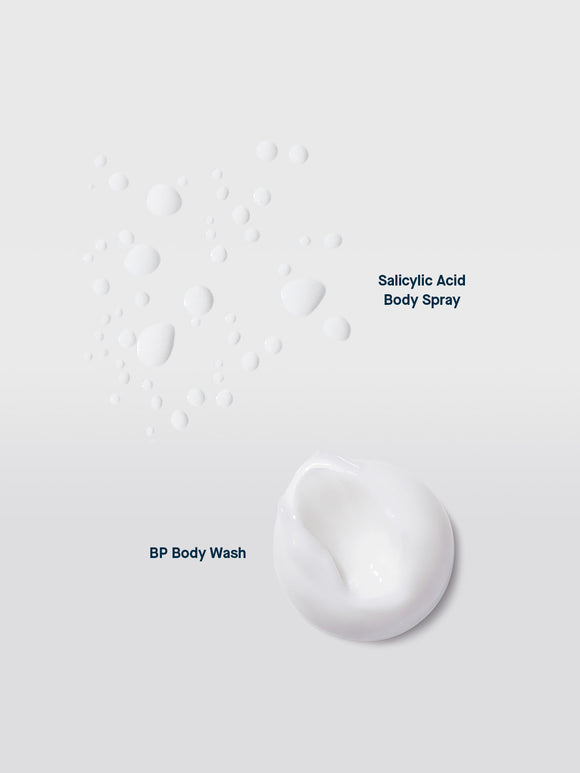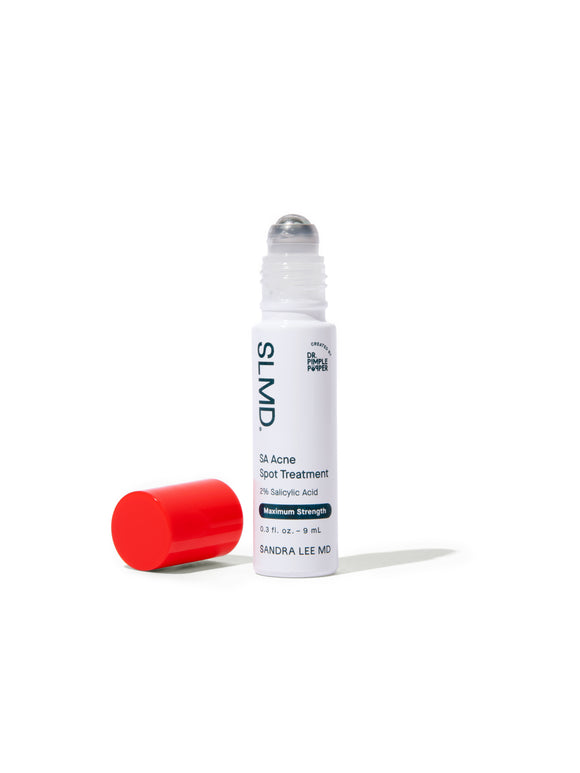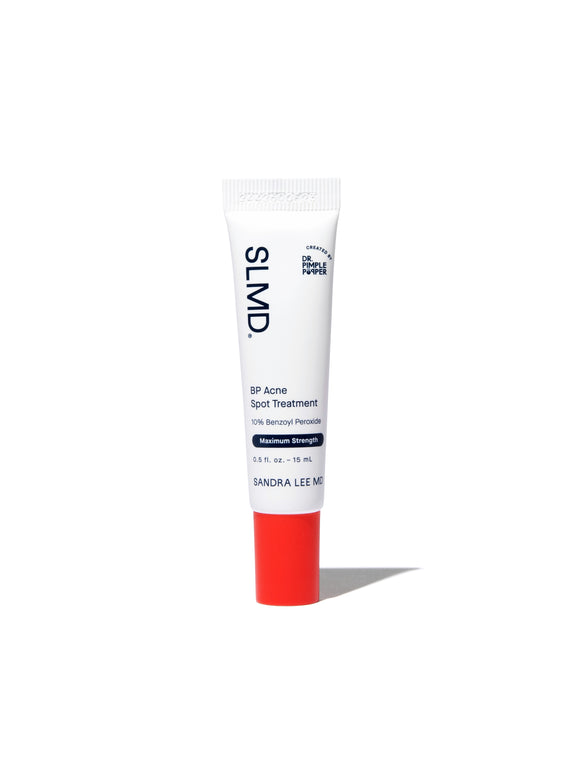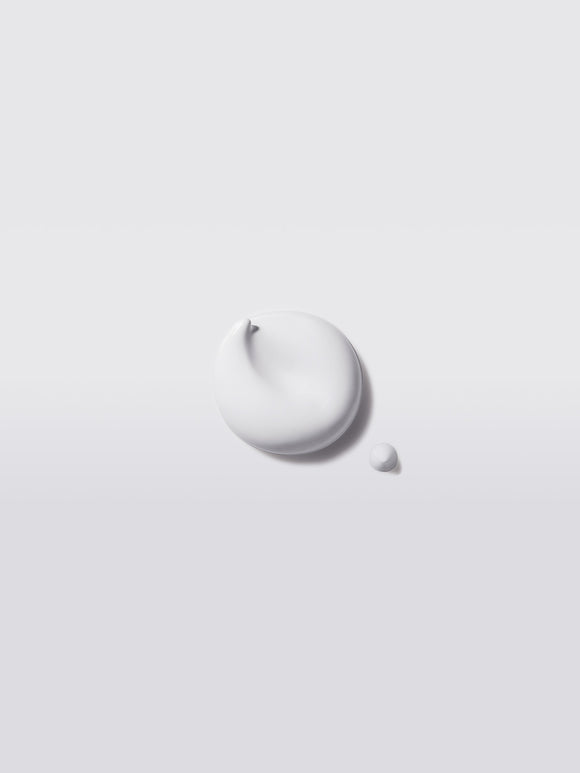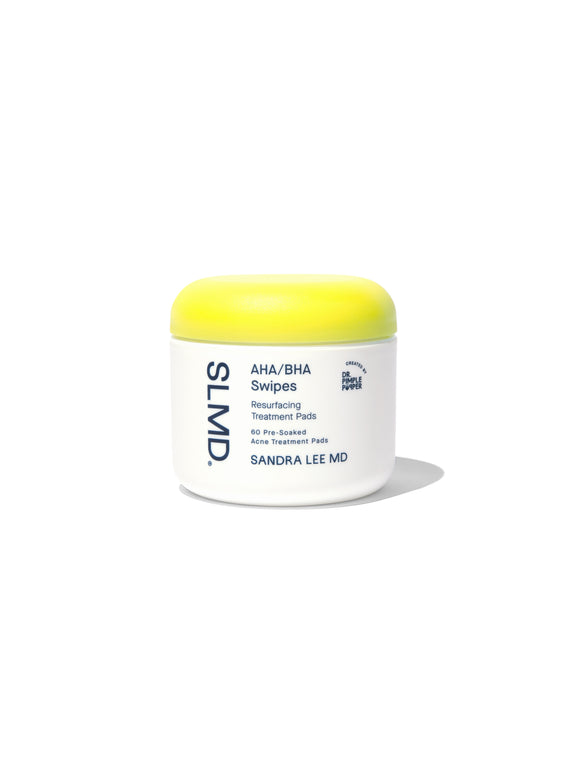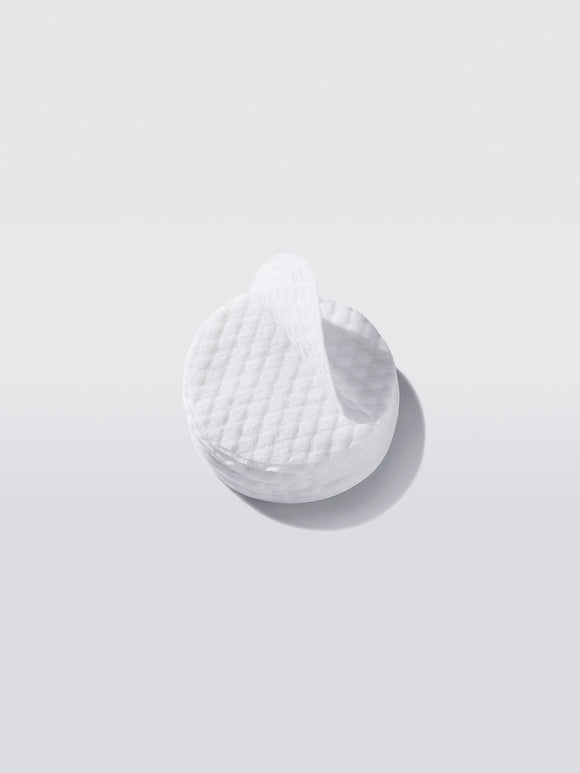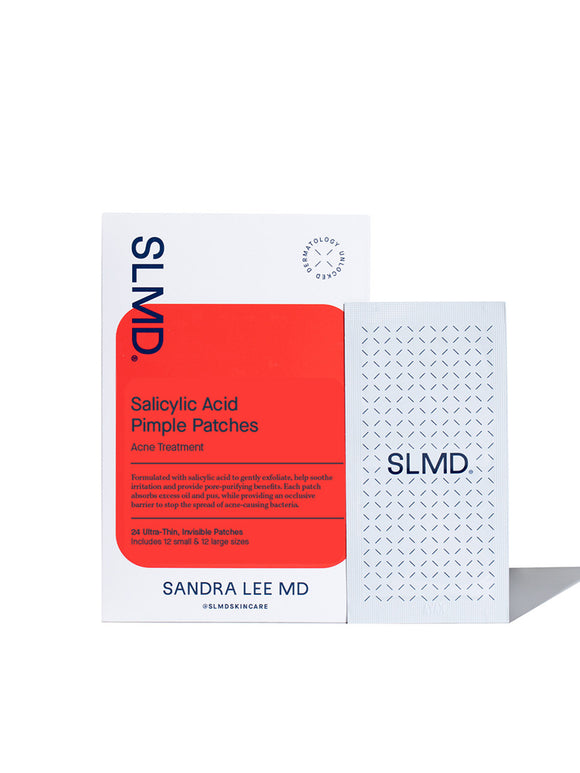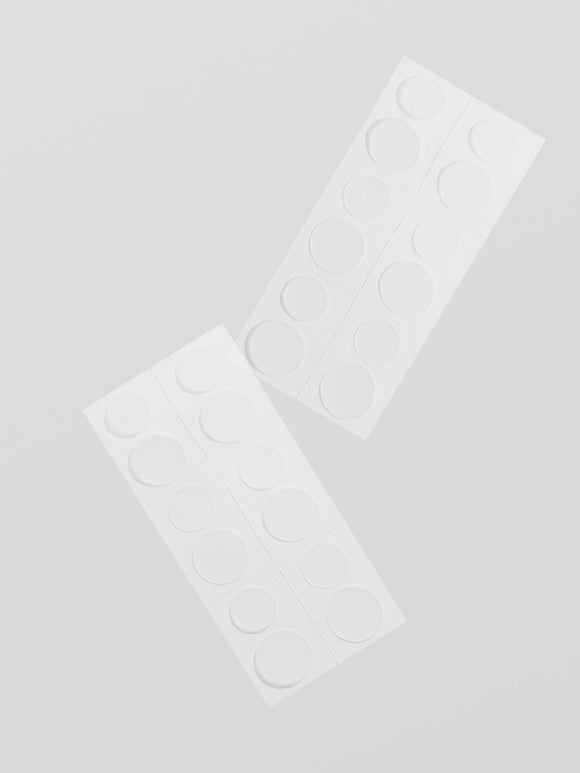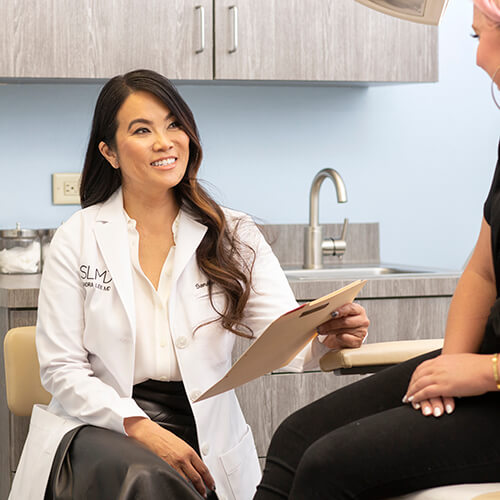
When to See a Dermatologist for Your Acne — And What to Do if You Can't
Dr. Pimple Popper shares how to spot the signs your acne needs expert care.
Published:
3 minute read
If your acne feels out of control, it’s natural to want the strongest treatment possible. But before you start Googling how to get Accutane, it’s worth asking: when is it time to see a dermatologist for acne…and what should you try first?
According to Dr. Sandra Lee (aka Dr. Pimple Popper), some of the best acne-fighting ingredients are available over the counter. Here’s how to tell when OTC is enough, when it’s time to see a dermatologist, and what to do if you can’t.
Fast Facts
- OTC acne treatments are powerful — but not always enough.
- Results often take months, not weeks.
- Professional help is sometimes the best next step.
4 signs you should see a dermatologist for acne
#1 You’ve tried over-the-counter acne treatments without success
Breakouts may seem sudden, but they start long before pimples appear. First, pores clog with oil (sebum) and dead skin, forming blackheads and whiteheads (comedones). From there, acne may progress into inflammatory types — like papules, pustules, nodules, or cysts — as C. acnes bacteria moves in and triggers swelling.
To cover every stage, Dr. Lee recommends combining proven OTC ingredients:
- Salicylic acid (BHA): Clears pores (Try: SLMD Salicylic Acid Cleanser, AHA/BHA Swipes)
- Retinol: Reduces buildup and inflammation (Try: SLMD Retinol Resurfacing Serum)
- Benzoyl peroxide or sulfur: Target acne-causing bacteria (Try: SLMD Benzoyl Peroxide Acne Lotion)
Not sure what to use? Dr. Lee created the SLMD Acne System to simplify acne treatment in 3 steps.
#2 Your acne routine isn’t working after 3 months
Dermatological acne treatments aren’t instant. Results may take 12 weeks or more, and retinoids especially need patience. Be aware of skin purging — a temporary flare before skin clears.
“If you’ve been consistent with your acne routine for three months and aren’t seeing improvement, it’s time to call a dermatologist,” says Dr. Lee. “Waiting too long can make acne worse and increase the risk of scarring.”
Dr. Pimple Popper's OTC Acne Picks
#3 Your acne is leaving scars
Deep, inflamed acne can damage skin permanently — and true scarring always calls for a dermatologist visit. Scarring isn’t the same as temporary dark marks (post-inflammatory hyperpigmentation, or PIH). Dark spots usually fade with time, but pitted, raised, or uneven texture that doesn’t improve on its own is considered true scarring. In those cases, only professional treatment will help.
To lower your risk while waiting for care:
- Use a complete regimen (Try: SLMD Acne System)
- Spot treat with benzoyl peroxide (Try: BP Acne Spot Treatment)
- Protect skin from picking with acne patches (Try: SLMD Salicylic Acid Pimple Patches)
PIH often improves naturally, but ingredients like retinol and kojic acid, along with daily sunscreen, can help the process along.
#4 Acne is hurting your confidence
Research shows acne can harm mental health — stress, anxiety, even depression. Stress also worsens breakouts.
If acne is holding you back socially, professionally, or emotionally, that’s a valid medical reason to see a dermatologist — skin health and mental health are deeply connected.
What dermatologists can do for acne
Dermatologists have access to prescription-strength treatments, including:
- Topical retinoids or antibiotics
- Oral antibiotics or hormonal therapy (like spironolactone)
- Isotretinoin (Accutane) for severe cases
“For some patients, prescription medications can be life-changing,” says Dr. Lee. “When over-the-counter products aren’t enough, these treatments can finally get acne under control.”
What to do if you don’t have access to a dermatologist
Appointments can be hard to book — or unaffordable. Dr. Lee suggests:
- Play detective: Track stress, sleep, and skincare products for patterns.
- Visit your primary care doctor: They can rule out PCOS, hormonal changes (like perimenopause), or prescribe basic meds.
- Try telehealth dermatology apps: Many offer faster, more affordable care.
- Seek community: Online groups can provide encouragement and tips.
Do I need a dermatologist for acne? Questions answered
Q: When should I see a dermatologist for acne?
A: If you’ve tried OTC treatments consistently for several months without improvement, if you’re developing scars, or if acne is impacting your self-esteem, it’s time to book an appointment.
Q: What can a dermatologist prescribe for acne?
A: Depending on severity, dermatologists may prescribe stronger retinoids, oral or topical antibiotics, hormonal treatments, or isotretinoin for severe acne.
Q: Can a regular doctor help with acne?
A: Yes — your primary care physician can rule out conditions like PCOS or hormonal changes and may prescribe some acne medications if you can’t get a dermatologist appointment.

Dr. Lee's Last Word
Acne is complicated, but you don’t have to face it alone. The right over-the-counter ingredients can work wonders...but if your acne is severe, scarring, or hurting your confidence, that’s when it’s time to see a dermatologist.





